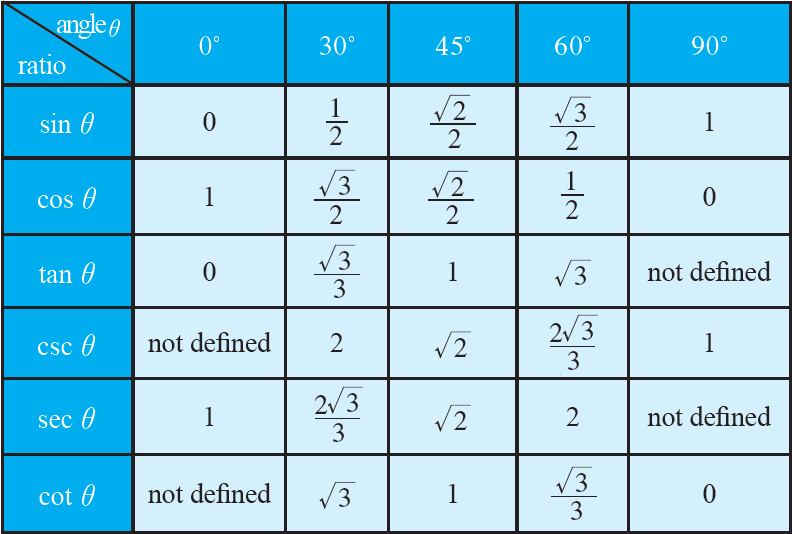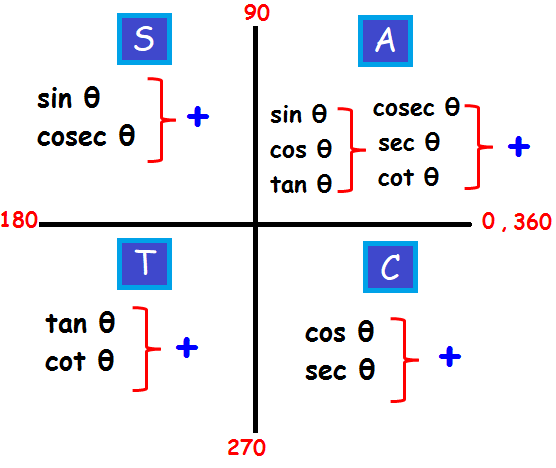DOMAIN OF COMPOSITE FUNCTIONS WORKSHEET
Problem 1 :
Let f(x) = 2x2 - 3 and g(x) = 4x.
Find (a) f o g and (b) g o f.
Then find the domain of each composite function.
Problem 2 :
Let f(x) = x2 + 2x - 1 and g(x) = 2x + 3.
Find (a) f o g and (b) g o f.
Then find the domain of each composite function.
Problem 3 :
Let f(x) = 1/(x + 2) and g(x) = 4/(x - 1).
Find the domain of f o g.
Problem 4 :
Let f(x) = 1/(x - 3) and g(x) = 6/(x + 1).
Find the domain of f o g.

1. Solution :
f(x) = 2x2 - 3 and g(x) = 4x
In f(x) = 2x2 - 3 and g(x) = 4x, both f(x) and g(x) are defined for all real values of x.
So, the domain of f and the domain of g are the set of all real numbers.
f o g :
f o g = f[g(x)]
= f(4x)
= 2(4x)2 - 3
= 2(16x2) - 3
= 32x2 - 3
Since the domains of both f and g are the set of all real numbers, the domain of f o g is the set of all real numbers.
g o f :
g o f = g[f(x)]
= g(2x2 - 3)
= 4(2x2 - 3)
= 8x2 - 12
Since the domains of both f and g are the set of all real numbers, the domain of g o f is the set of all real numbers.
2. Solution :
f(x) = x2 + 2x - 1 and g(x) = 2x + 3
In f(x) = x2 + 2x - 1 and g(x) = 2x + 3, both f(x) and g(x) are defined for all real values of x.
So, the domain of f and the domain of g are the set of all real numbers.
f o g :
f o g = f[g(x)]
= f(2x + 3)
= (2x + 3)2 + 2(2x + 3) - 1
= (2x)2 + 2(2x)(3) + 32 + 4x + 6 - 1
= 4x2 + 12x + 9 + 4x + 6 - 1
= 4x2 + 16x + 14
Since the domains of both f and g are the set of all real numbers, the domain of f o g is the set of all real numbers.
g o f :
g o f = g[f(x)]
= g(x2 + 2x - 1)
= 2(x2 + 2x - 1) + 3
= 2x2 + 4x - 2 + 3
= 2x2 + 4x - 1
Since the domains of both f and g are the set of all real numbers, the domain of g o f is the set of all real numbers.
3. Solution :
f(x) = 1/(x + 2) and g(x) = 4/(x - 1)
f o g = f[g(x)]
In g(x) = 4/(x - 1), g(x) is undefined when x = 1.
So, the domain of g(x) is all real values except 1.
Domain of g = R - {1}
So, exclude 1 from the domain of f o g.
In f(x) = 1/(x + 2), f(x) is undefined when x = -2.
So, the domain of f(x) is all real values except -2.
Domain of f = R - {-2}
Since -2 is excluded from the domain of f(x), in f[g(x)], g(x) can not take the value -2.
Equate g(x) to -2 to find the additional value(s) of x to be excluded from the domain of f o g.
g(x) = -2
4/(x - 1) = -2
Take reciprocal on both sides.
(x - 1)/4 = -1/2
Multiply both sides by 4.
x - 1 = -2
Add 1 to both sides.
x = -1
So, exclude -1 from the domain of f o g.
Therefore, the domain of f o g = R - {-1, 1}.
4. Solution :
f(x) = 1/(x - 3) and g(x) = 6/(x + 1)
f o g = f[g(x)]
In g(x) = 6/(x + 1), g(x) is undefined when x = -1.
So, the domain of g(x) is all real values except -1.
Domain of g = R - {-1}
So, exclude -1 from the domain of f o g.
In f(x) = 1/(x - 3), f(x) is undefined when x = 3.
So, the domain of f(x) is all real values except 3.
Domain of f = R - {3}
Since 3 is excluded from the domain of f(x), in f[g(x)], g(x) can not take the value 3.
Equate g(x) to 3 to find the additional value(s) of x to be excluded from the domain of f o g.
g(x) = 3
6/(x + 1) = 3
Take reciprocal on both sides.
(x + 1)/6 = 1/3
Multiply both sides by 6.
x + 1 = 2
Subtract 1 from both sides.
x = 1
So, exclude 1 from the domain of f o g.
Therefore, the domain of f o g = R - {-1, 1}.
Kindly mail your feedback to v4formath@gmail.com
We always appreciate your feedback.
©All rights reserved. onlinemath4all.com
Recent Articles
-
Trigonometry Sum and Difference Identities
May 07, 24 09:17 AM
Trigonometry Sum and Difference Identities - Concept - Solved Problems -
Trigonometry Even and Odd Iidentities
May 05, 24 12:25 AM
Trigonometry Even and Odd Iidentities -
SOHCAHTOA Worksheet
May 03, 24 08:50 PM
SOHCAHTOA Worksheet


